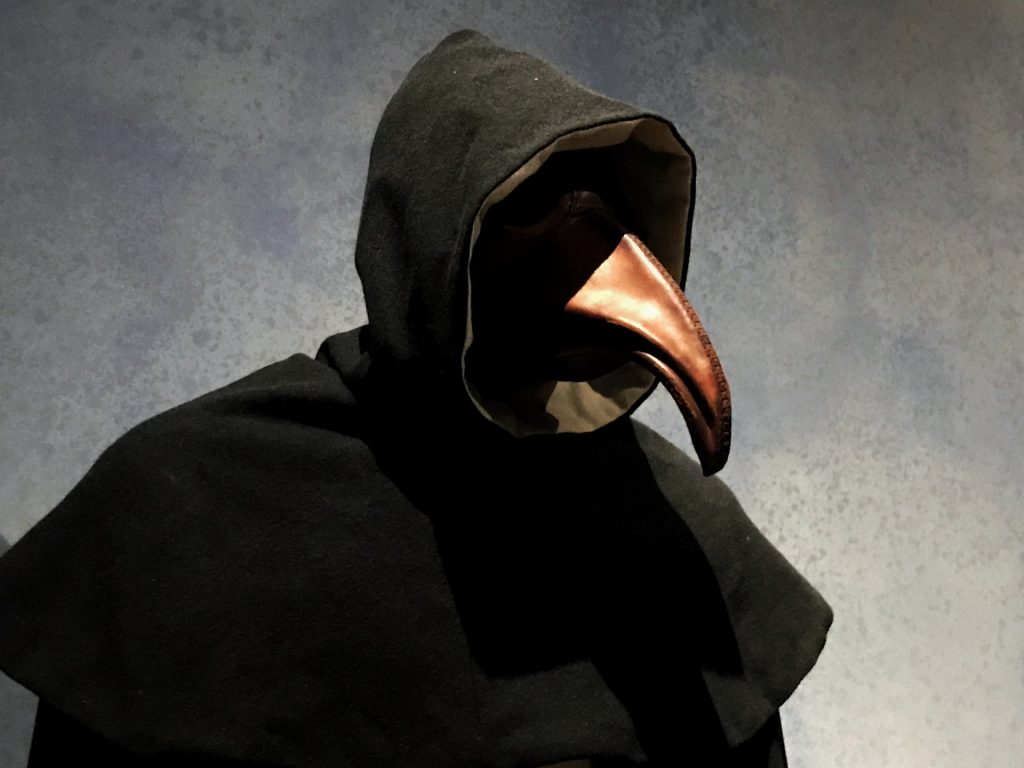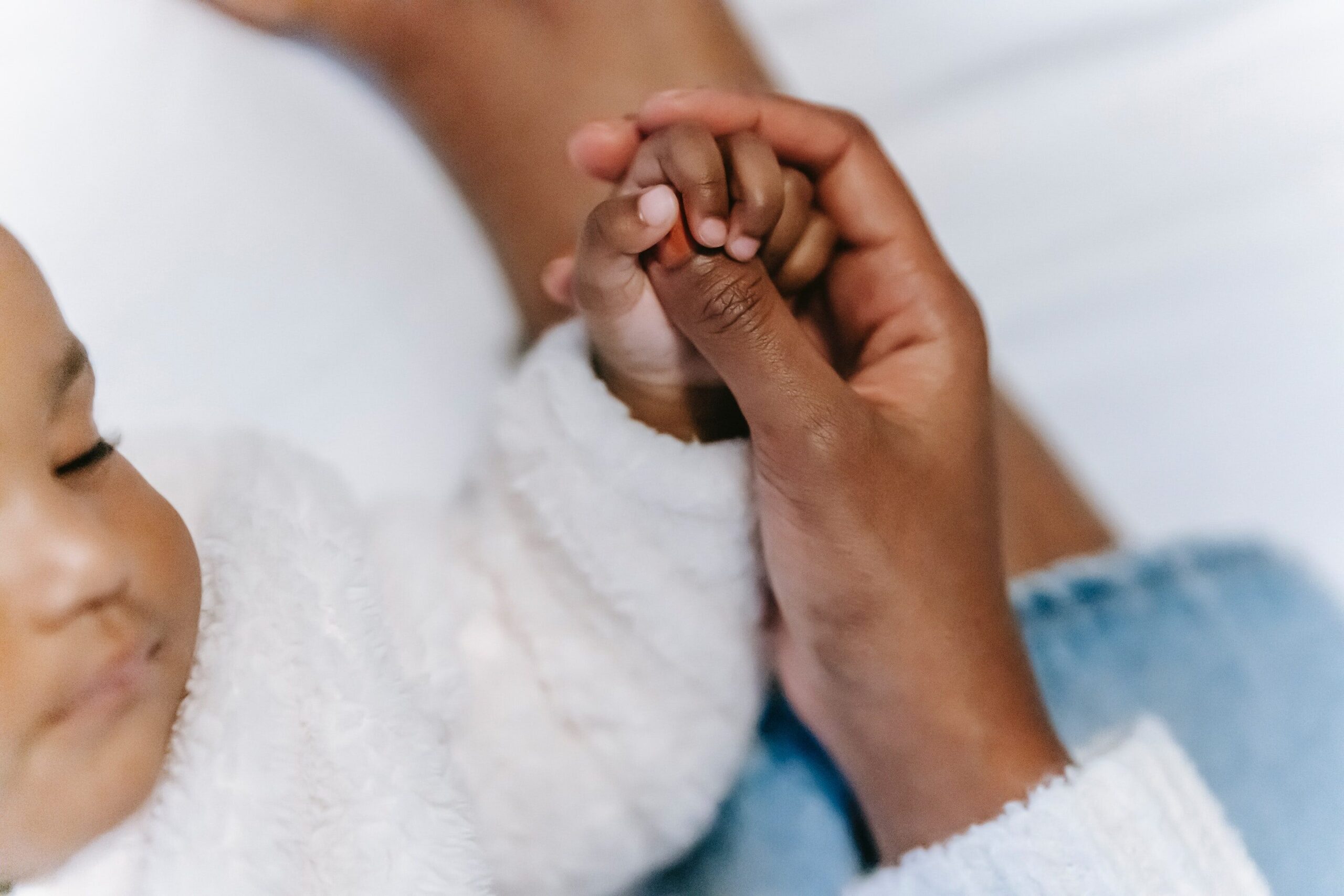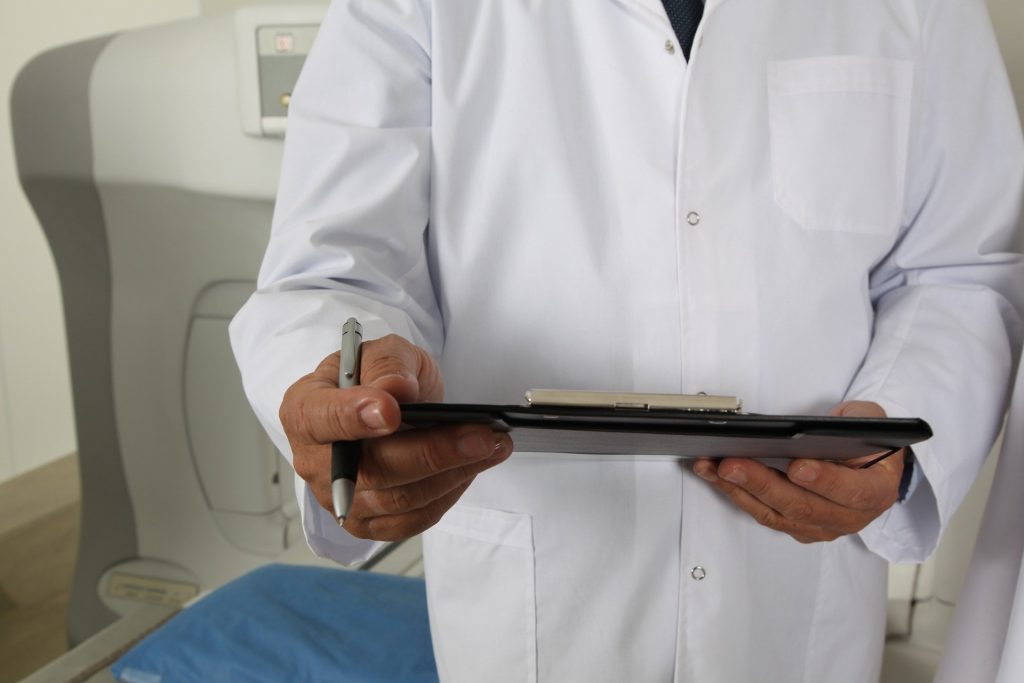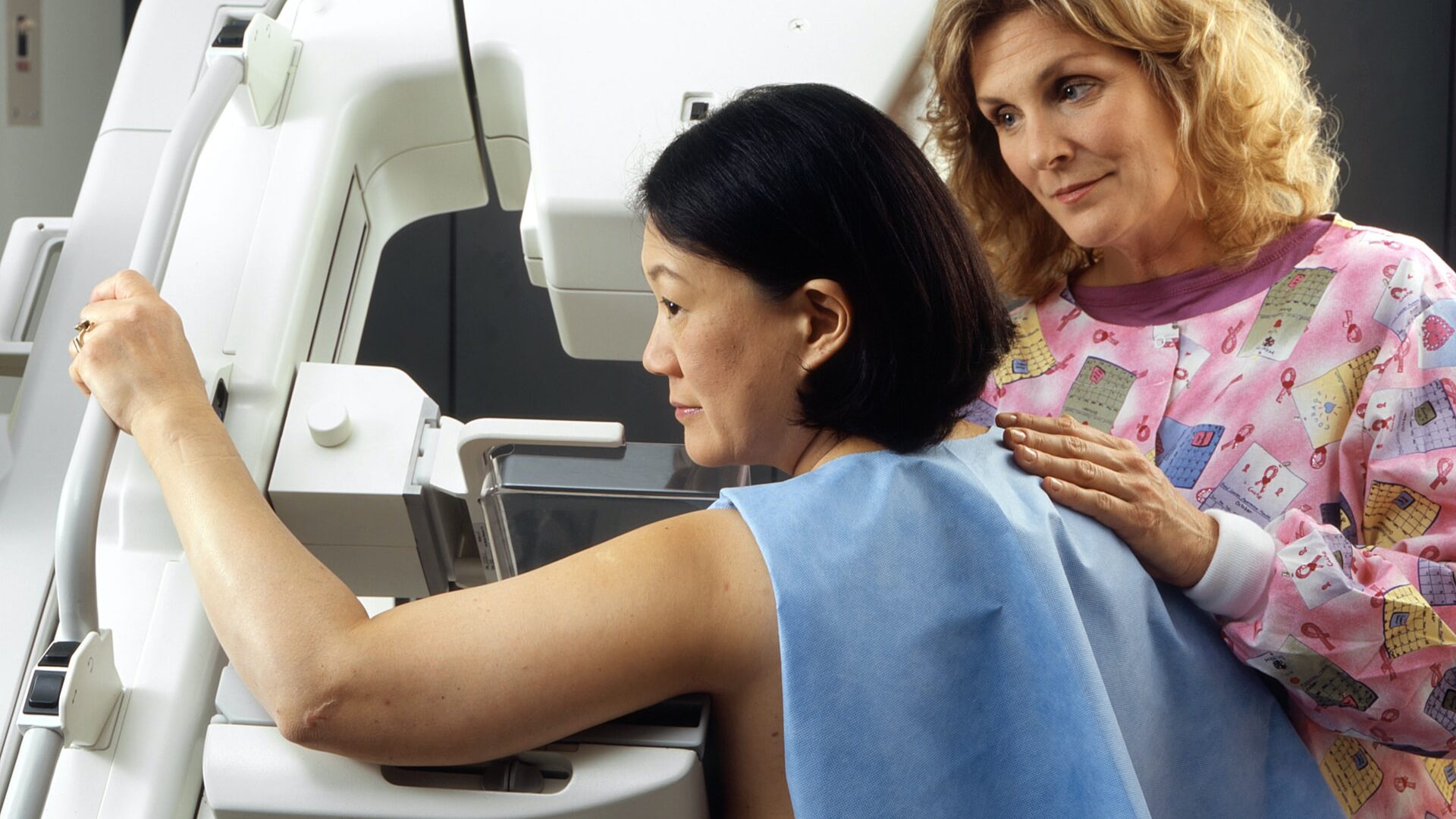Kids Cunningly Spoof COVID Tests to Skip School

School children in the UK have found an ingenious way to get out of school — by deliberately compromising COVID tests using soft drinks or fruit juice to produce false positives.
Children returned to in-person learning in March in the UK, with regular COVID testing to monitor for infection and infected students being sent home.
However, after three months of regular testing, a school in Merseyside had reports of students who had found that either drinking fruit-flavored juice or misusing them as an analyte had the potential to provide a false-positive result.
The trick involves “spoofing” a lateral flow device (LFD) which is designed to detect COVID antibodies.
LFDs come in the form of cartridges containing a nitrocellulose membrane strip and absorbent paper with dried test reagents affixed, which include antibodies labelled with gold particles for visibility. When these reagents are mixed with the analyte from a test sample, they migrate through the nitrocellulose strip and over the test (T) line where the SARS-CoV-2 monoclonal antibody is located.
A key part of the trick is not mixing the sample fluid with the buffer, BBC’s Mark Lorch found.
The liquid buffer solution maintains an ideal pH for the antibodies, and is key to the correct function of the test. The critical role of the buffer is highlighted by if cola is mixed with the buffer, then the LFDs behave correctly, returning a negative result for COVID.
Without the buffer, the antibodies in the test are fully exposed to the acidic pH of the beverages. And this has a dramatic effect on their structure and function. Proteins such as antibodies fold up into very specific structures, and even a small change to the chains can dramatically impact a protein’s function. Changing the pH could cause the antibodies used in the test to no longer function correctly and incorrectly binding. By diluting the drink
In a study made available on the medRxiv preprint server, researchers tested the ability of various types of soft drinks to produce false positive results. They found that the presence of sugar and acidity was necessary to produce the false positives. The researchers also recommended
Source: BBC News










